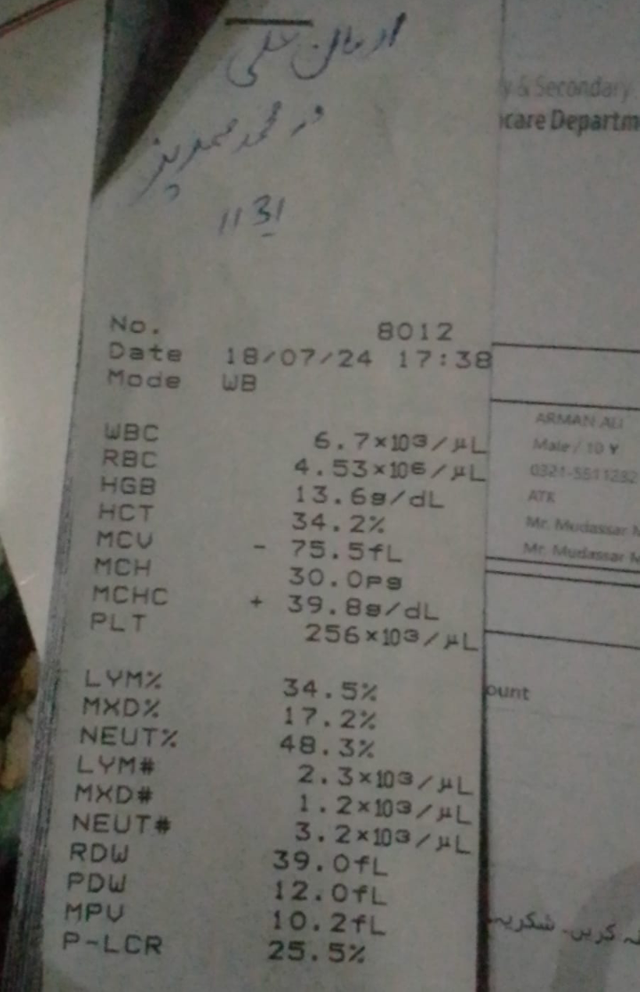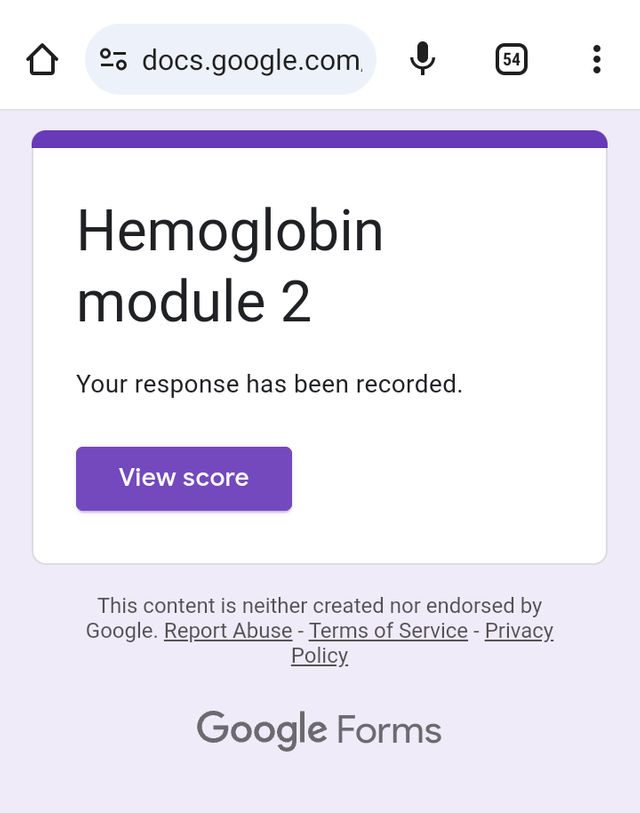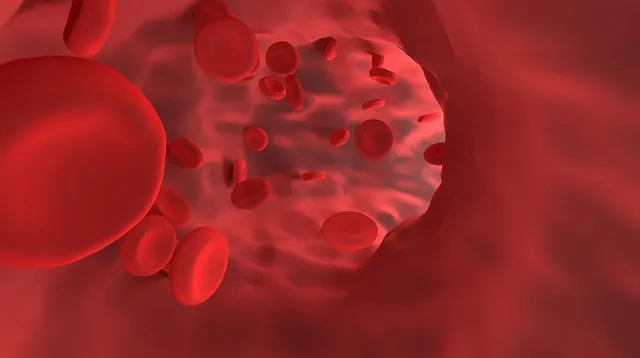SEC S20W2 || Hemoglobin - Module 2
Hi everyone greeting i hope you are doing great I am here to take part in very informative topic that is hemoglobin and we should aware about it.
Death of Rafael Rangel
Pioneer Scientist of Venezuela Rafael Rangel (1857-1928) he had studied medicine from the Central University of Venezuela (1873-1881) and completed his graduation with honors.
He made great contribution in the fields of bacteriology(Tuberculosis, cholera) and parasitology ( malaria and hookworm).
He was the first Venezuelan scientist who made distinguished reaserch in bacteriology and isolated the bacteria which was main cause of cholera disease.
Fourthmore, he worked on parasites in Venezuela which were causing the disease of Chagas. Hence he also worked efficiently to discovered vaccine which were being effective in treatment of certain diseases.
He made contribution while making the institute of bacteriology and he was its founder and later on the name was shifted to the name of Rafael Rangel. His contribution for public health and inspiration for new scientist were remarkable.
Although he was great scientist of his era but still he faced many issues and struggle in his love.
He belong to middle class modest family and have faced challenge of financial during his study and work. He has only limited am out of funds which were hindrances in his research work to be be moved effective.
His colleagues were not supportive which was common things in science and research and they always did criticism on his noval work. His life was severely effected due to his wife death Maria Luisa Escoba which had impact on his life badly.
The Venezuela country faced the issues of instability in politics which layer on become problem for the great scientist to continued his achievement and work.
Rafael Rangel commited to suicide by ingestion of Potassium cyanide highly toxic in nature. In order to measure the hemoglobin level Drabkin's reagent is utilized which having Potassium ferricyanide and Potassium cyanide.
Cyanide is extremely toxic in nature due to fast absorption in bloodstream and become disruption in cells respiration ultimately destroy the different organs such as heart and brain etc.
His suicide committed was extremely shocking for scientist and community.
Describe Hemoglobin.
Hemoglobin is a protein inside of red blood cells, which consist of iron nd facilities the carrying of oxygen to cells. The structure of hemoglobin mainly comprised of haem which contain the iron group and globin is protein in nature.
The main function of hemoglobin in blood is to transport of oxygen from the lungs to all tissues of the body.
It facilities the removal of carbon dioxide from the tissues, moreover its helpful in maintenance if pH of the blood streaming.
If we see the hemoglobin in healthy person in may range 13.5-17.5 g/dL in fault man, while in female its dance is Adult women: 12-16 g/dL. In children it may ranged from10-15 g/dL.
There are many types of hemoglobin such as an adult person having HbA. A foetus contains HbF and a type of abnormal hemoglobin is also exist in few cases called HbS.
Although if its level reduced in body may cause weakness, tiredness, and if increased may become source of clotting in blood.
Automated Hematocrit| vs Manual Hematocrit:
| Automated Hematocrit | Manual Hematocrit |
|---|---|
| It works with automated analyzers | Its working based on centrifugation and capillary tube's. |
| It enabled light scattering , consider more fast and multiple samples may be run at one time | It can measure RBC volume after the centrifugation may occurred |
| Working is more precise with less human error | Less accurate more chance chance of error and allowed to run single sample at one time |
Few pros and cons are as follow.
In automatic hematocrit the cost of equipment is high due to used of latest technology and similarly maintenance is high.
In case of manual hematocrit the equipment are simple minimal Maintenance cost is required.
Explain a real-life example with the concept of hematocrit.
We can measure hematocrit = (RBC Volume / Total Blood Volume) × 100
Real-Life Example of Arman 10 years old boy

Blood report of my student
The Arman has Hb 13.6
- Hemoglobin (Hb): 13.6 g/dL
- Hematocrit (Hct): 34.2%
- Red Blood Cell Count (RBC): 4.5million cells/μL
If I explain it more the Arman hemocrit is 34.2 % while normal boy of his age should have 36% to 40 %.
When I saw him physically he was little pale which means his hematocrit is little lower from normal range and he told me he tired very soon and felt fatigue.

Its all about my Today's post.
I would like to invite my friends @iqrarana786, @jannat12 and @mdkamran99 to take part in the challenge.

@tipu curate
Upvoted 👌 (Mana: 2/7) Get profit votes with @tipU :)
Rafael Rangel fue un insigne médico venezolano que hizo grandes contribuciones en el área del bioanálisis específicamente el campo bacteriológico y sus su desempeño en el control sanitario fue efectiva en mucha enfermedades para la época, lástima que no todo puede ser color de rosas y factores exógenos incidieron en crear situaciones desfavorables para él y generar una crisis depresiva que lo devastó. Los sistemas automatizados y manual para la medición del hematocrito son ambos eficaces , claro , ambos ofrecen también ventajas y desventajas y en cuanto a la precisión , yo diría que es mínima la diferencia. Te deseo éxitos en tu estupenda entrada.
Thank you for support
@drhira hola querida
Podrías corregir el titulo?
Es S20W2
Done thank you mam.
Learned a lot about the importance of hemoglobin from your post. Thanks for sharing this valuable information. Good luck.